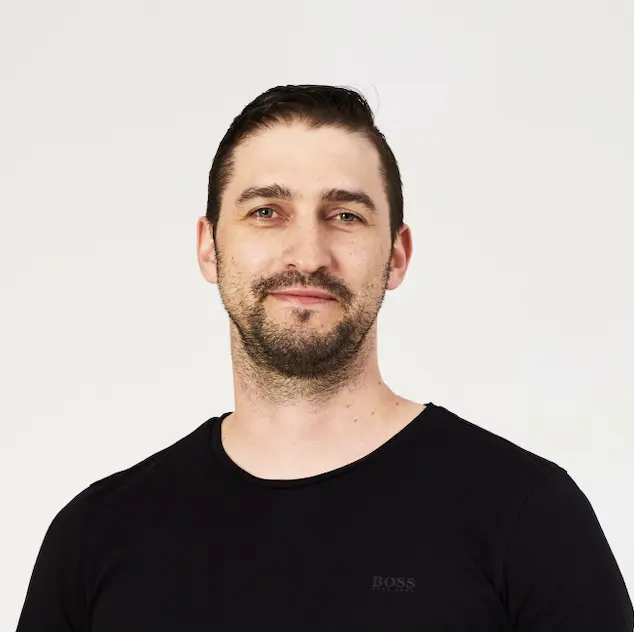My version? No likes, no algorithms. Just me.
-
Jun 13
Love this quote from "Ego is the Enemy" by Ryan Holiday as it helps stay humble and open to feedback from others.
The first principle is that you must not fool yourself—and you are the easiest person to fool.
-
Jun 10
Not everything broken is yours to fix. But recognising and communicating the problem? That’s on you.
Taking responsibility doesn't mean solving every issue yourself. It means speaking up, sharing the truth and ensuring others are aware. Ignoring the cracks won't make them disappear.
You can't fix what you refuse to see—or refuse to say. -
May 8
Dedicated QA creates more problems than it solves.
When a dev team owns quality, accountability stays in the right hands. Bugs are fewer, fixes are faster and processes tighten.
Introducing dedicated QA shifts that balance.
Developers grow complacent, relying on testers to catch mistakes. Tools diverge, creating inefficiencies. QA often duplicates what devs should already handle.
Quality isn’t a separate role. It’s a shared responsibility embedded in every line of code. -
May 6
TIL: "Lighthouse Customers" — customers who get a better or discounted rate on your product in exchange for regular, meaningful feedback.
Lighthouse customers give you a strategic edge. These early adopters don’t just use your product—they help shape it. Their feedback highlights gaps, confirms your direction, and sharpens your focus. In return, they get early access to a solution that feels designed just for them, often at a special rate. -
Apr 30
Ambiguity & Decision Making: Ambiguity can be unsettling, but it’s a natural part of the process. Embrace it by combining thoughtful analysis with quick, practical actions.
Tracking your decisions brings clarity and closure, helping you move forward with confidence. -
Nov 11
This is what happens when a colour blind person gets a DJI Mavic Pro.





